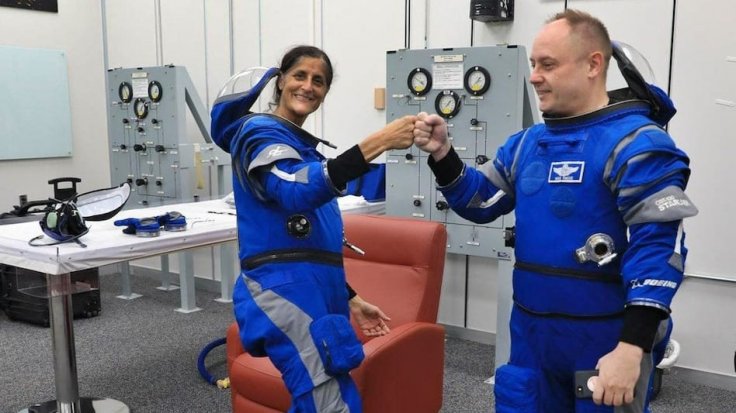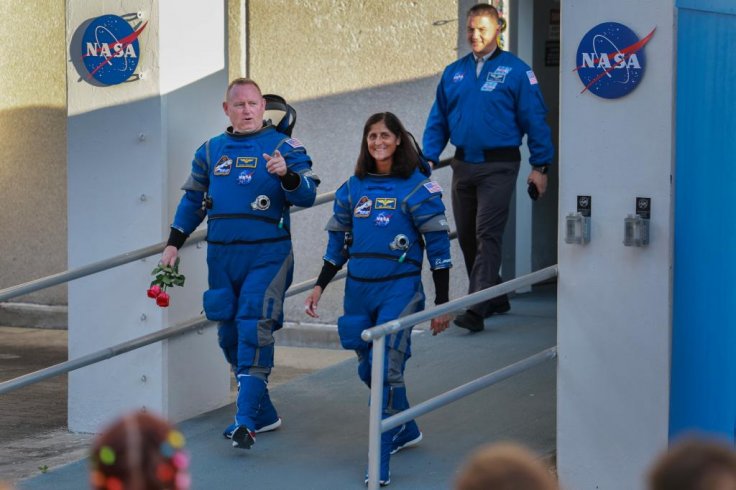The two stranded NASA astronauts have received further disappointing news, as their space mission has been extended once again, with their return now not expected anytime before spring. Astronauts Butch Wilmore, 61, and Suni Williams, 58, left the International Space Station in June, originally planning to return to Earth just eight days later.
However, their mission got extended by several months after NASA opted to send the company's malfunctioning Starliner capsule back to Earth without any crew in September. The space agency has now announced yet another delay in the astronauts' mission, pushing their return further back as their replacement crew's launch has been postponed by at least another month.
NASA Delays Return Mission Again

If the timeline holds, it will mark ten months since Wilmore and Williams left Earth. The new crew of four was originally scheduled to launch in February, with Wilmore, Williams, and two additional astronauts returning by the end of that month.
However, the latest update revealed that SpaceX needs more time to prepare a new capsule for the mission, with the launch now set for no earlier than late March.
NASA considered using an existing SpaceX capsule to expedite the crew replacement and stay on schedule but ultimately decided to wait for the new capsule to be ready.
Earlier this year, after the astronauts passed the 60-day mark in space, social media users expressed outrage at the situation, with many calling the extended delay "torture."
One user wrote: "Stuck in space for 60 days with no known solution is inhumane and torture.
"Why did y'all teams send those astronauts in the first place? Where is the Change.Org petition to bring back the astronauts?"
"Hope they come back alive and tell us about it. Nightmarish. Only happens in movies," wrote another user.
Frustration Grows

The troubled Starliner spacecraft, developed with over $4 billion in taxpayer funding, has been marred by helium leaks and thruster malfunctions both in the weeks leading up to its launch and on launch day itself.
Although the spacecraft successfully carried Williams and Wilmore to the ISS, it encountered more problems upon arrival, including more helium leaks and the failure of five out of its 28 thrusters.
The delay in their return was a blow to Boeing's reputation, which has faced years of setbacks trying to launch the Starliner program, only to be rescued at the last moment by its biggest competitor.
"We have had so many embarrassments lately, we're under a microscope. This just made it, like, 100 times worse," one employee on conditions of anonymity told the New York Post.
"We hate SpaceX," he added. "We talk s*** about them all the time, and now they're bailing us out."
Many commenters focused on the competition between Boeing and its rival, SpaceX, founded by Elon Musk. Both companies are involved in NASA's Commercial Crew Program (CCP), but while Boeing's Starliner has faced multiple setbacks, SpaceX's capsules and rockets are regularly used for missions.









